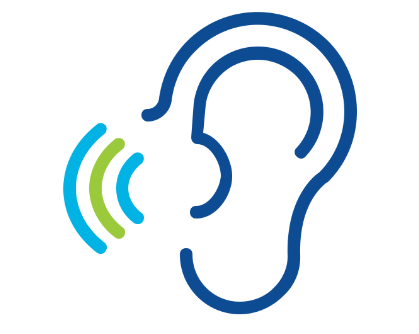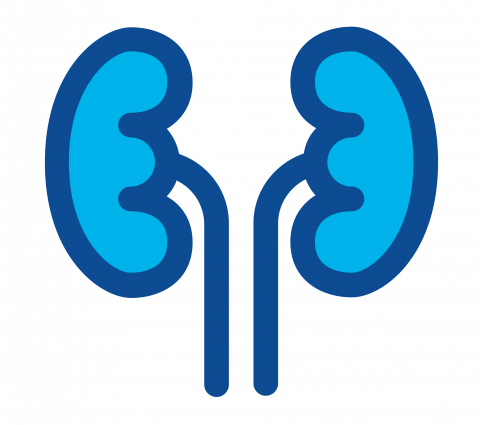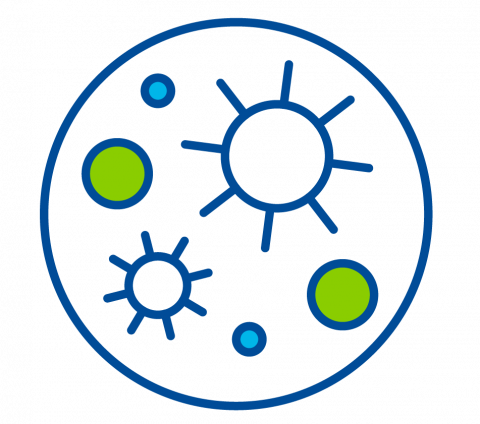Melbourne Genomics studies showed how genomics helps real patients in real time.
From 2016-2020, we compared genomic testing with usual care for patients experiencing cancer, childhood syndromes, neurological diseases, kidney disease, cardiomyopathy, congenital deafness and immunological conditions. Genomic testing was also conducted on antibiotic-resistant microbes (superbugs) to find and break chains of transmission.
We examined whether a genomic test would provide a more informative result than other kinds of tests, and whether patient care would change because of this result.
What we found - the highlights

Overall
19x more patients received an informative result from genomic testing than from usual care.

Cancer and rare diseases
42% of cancer and rare disease patients received an informative result through genomic testing. 1 in 2 of those patients had a change in care because of their genomic result.
Without genomic testing, only 5% of patients would have received a result.

Babies with genetic conditions
Rapid genomic sequencing delivered results up to 10x faster for critically ill babies.
More than 1 in 2 of those babies received a diagnosis. 1 in 2 babies diagnosed through genomics received more precise care.
Babies needed less time in intensive care units, reducing costs by $543k. Children with complex conditions required 4x fewer invasive tests, saving at least $19k per diagnosis.

Immunological conditions
5x more patients received a diagnosis through genomic testing.
1 in 2 of those diagnosed have had life-saving treatment or targeted therapies.

Hearing loss
Finding the cause of severe hearing loss in babies is tripled with genomic testing.
Genomic sequencing also enabled children to get tailored care plans, eliminating unnecessary interventions.

Genetic kidney disease
1 in 2 patients received informative results from genomic testing.
1 in 4 who got a result then received more precise care.
Genomic testing reduced the need for invasive tests for children with glomerular disease, with a cost savings of $3,320 per diagnosis.

Bone marrow failure
2 in 5 patients received a more accurate diagnosis for their condition.

Superbugs
Superbugs are antibiotic-resistant microbes. 33% more superbug transmissions were detected through genomic sequencing of microbes.
